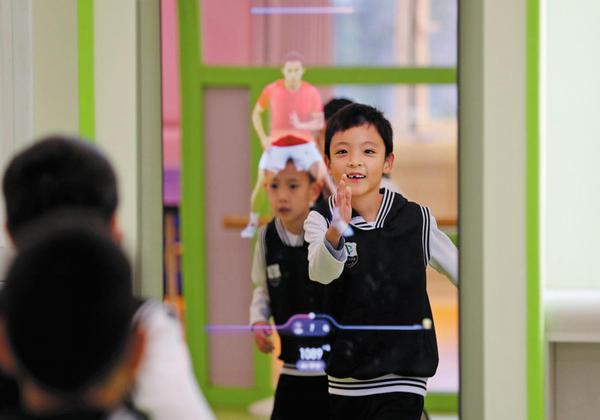
Students exercise following instructions from an artificial intelligence-enabled display at a primary school in Beijing on Nov 21. (CHEN JIAN/FOR CHINA DAILY)
The recent and rapid development of artificial intelligence has already impacted education on all levels in China, from primary and secondary schools to higher education. It has reshaped the sector by facilitating personalized and lifelong learning, more efficient teaching, as well as greater scientific evaluation and school management, experts said.
In December, the Ministry of Education released a guideline calling for increased efforts to strengthen AI education in primary and secondary schools, and stipulated that the technology should be prevalent by 2030.
The guideline aims to cultivate future-oriented talent, enhance students' problem-solving abilities and digital skills, and foster a spirit of innovation. It underscored the need to develop a systematic AI curriculum and implement regular AI education.
Artificial intelligence is making its way into numerous primary and secondary school classrooms, being applied in lesson planning and classroom teaching.
In February, the ministry announced a list of 184 primary and secondary schools selected as AI education bases to facilitate the implementation of AI education.
Understanding the latest technology has become integral in the nation's education system.
Fifth-grade students at a primary school in Shapingba district in Southwest China's Chongqing have designed their own smart creations such as voice-controlled lamps, humidifiers and smart fans, involving programming skills and voice recognition technology.
In a general technology class for first-year students at Yangzhou High School in Jiangsu province, the teacher used the example of identifying cherry blossoms and peach blossoms in spring to compare the differences and similarities between human and machine recognition, helping students understand the principles of machine learning.
An AI class at Changchun Experimental School in Jilin province includes robotics, drone operation and 3D printing. An AI club is also available for students interested in the technology.
Jia Kaichao, secretary of the school's Communist Youth League, said the club lowers the barrier for students to realize their ideas, enabling them to experience the charm of creation.
Students at the school frequently use photo translation apps or voice dictionary pens in their English classes.
"These tools provide quick and convenient answers. For instance, when facing difficult homework questions, we can simply take a picture and get the answer instantly. If we struggle with ideas for writing essays, these AI tools can help generate some creative thoughts," said Luo Jing, a student at the school.
The guideline urged that the development of AI teaching resources should be tailored to the needs of students and make AI education ubiquitous.
Mohamed Ally, a professor at Athabasca University in Canada, said AI can meet individual learners' needs and provide one-to-one tutoring for students, as well as facilitate lifelong learning.
Countries worldwide are trying to find ways to use AI more flexibly in education, aiming to deliver education to students in remote areas and teach people the skills needed to build successful careers in the 21st century, Ally noted.
"China has become a leader in applying AI in education and training by developing smart learning systems and intensifying AI research," he said.
Last year, the ministry released 50 application scenarios integrating AI with higher education, including askpku.com, an AI-assisted education platform exclusively for Peking University educators and students to improve teaching and learning efficiency.
OpenEdu4Fin, a smart finance education platform based on a large language model designed by Dongbei University of Finance and Economics in Dalian, Liaoning province, is also on the list.
Similarly, a smart crop production case launched by Northwest Agriculture and Forestry University in Yangling, Shaanxi province, aims to enhance students' practical skills and innovative abilities in upgrading smart agriculture.
Wang Xuenan, deputy director at the Digital Education Research Institute of the China National Academy of Educational Sciences, said AI-driven education increasingly emphasizes advanced skills such as critical thinking, problem-solving and recognizing AI-generated misinformation.
"AI enables a shift from uniform education to one that adapts to each student, focusing on individual development, potential and addressing weaknesses," she said.
Zheng Qinghua, president of Tongji University, said generative AI technology has become an essential tool for obtaining and disseminating knowledge.
Various models developed by internet companies and universities have been applied to educational activities. The majority of college students in China have used the technology, including Ernie Bot, an AI chatbot developed by Baidu Inc, he said.
These tools, with DeepSeek as a leading global example, can write essays and solve science problems, helping students with assignments and tests.
Generative AI also opens new possibilities for personalized instruction, said Wang Huashu, a professor at the Graduate School of Translation and Interpretation at Beijing Foreign Studies University.
Teachers can use AI to create realistic dialogue scenarios for immersive speaking practice, while students benefit from instant feedback on oral and written language skills, enhancing their communication abilities, Wang said.
"AI is not a threat but an opportunity to enhance educational quality and efficiency," he said. "By embracing AI while preserving the essence of education, we can cultivate a new generation of foreign language professionals who are both technically proficient and deeply humanistic."
Higher education institutions need to break through traditional education models and explore the application of AI in teaching, assessment and management, he added.








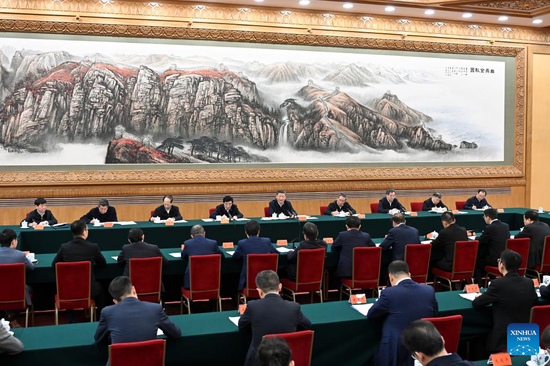
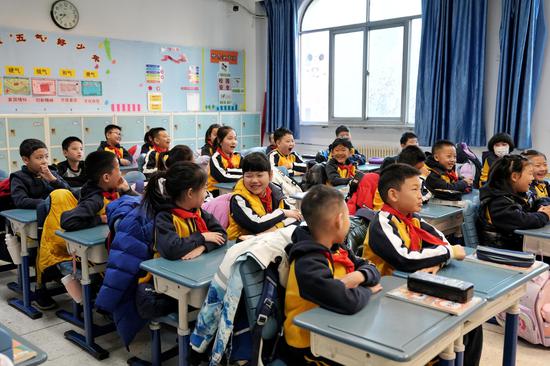


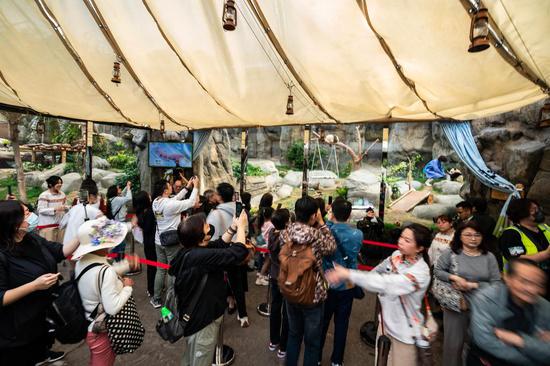









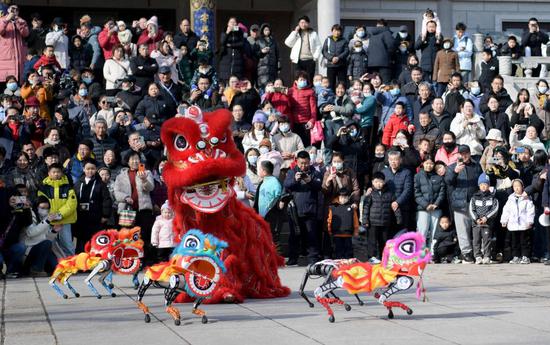
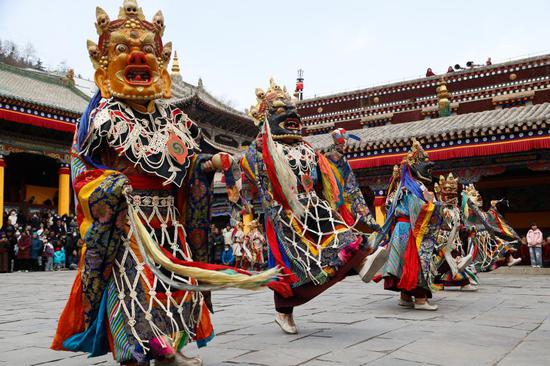












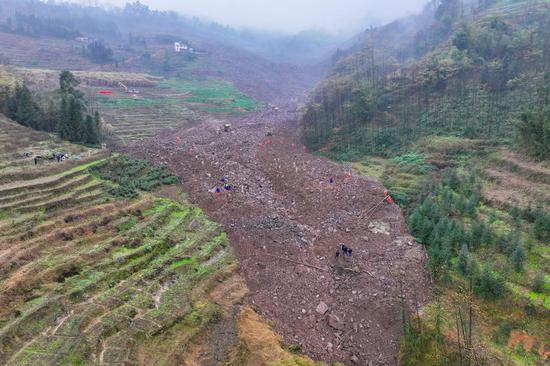


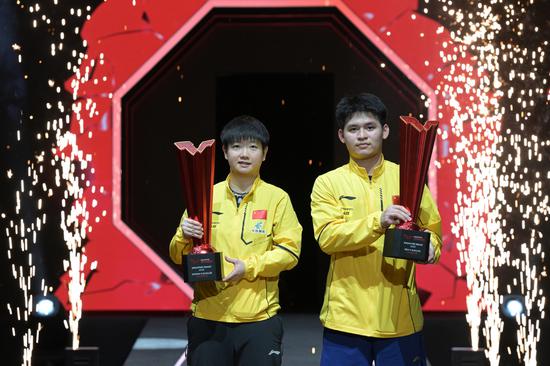










 京公网安备 11010202009201号
京公网安备 11010202009201号